Meet the Board
Meet the EAN Board members - the individuals who devote their time to the development of EAN, engaging daily in the management of the society, organising meetings, research projects and educational programmes, and much more. They are dedicated to making EAN the home of neurology for all neurologists and reaching EAN's goal of setting high standards of care for all neurology patients.
The Assembly of Delegates is delegating the day-to-day management of the EAN Board, empowered to decide on all matters of the organisation that are not explicitly assigned to another body. Major decisions made by the EAN Board must be ratified by the Assembly of Delegates.
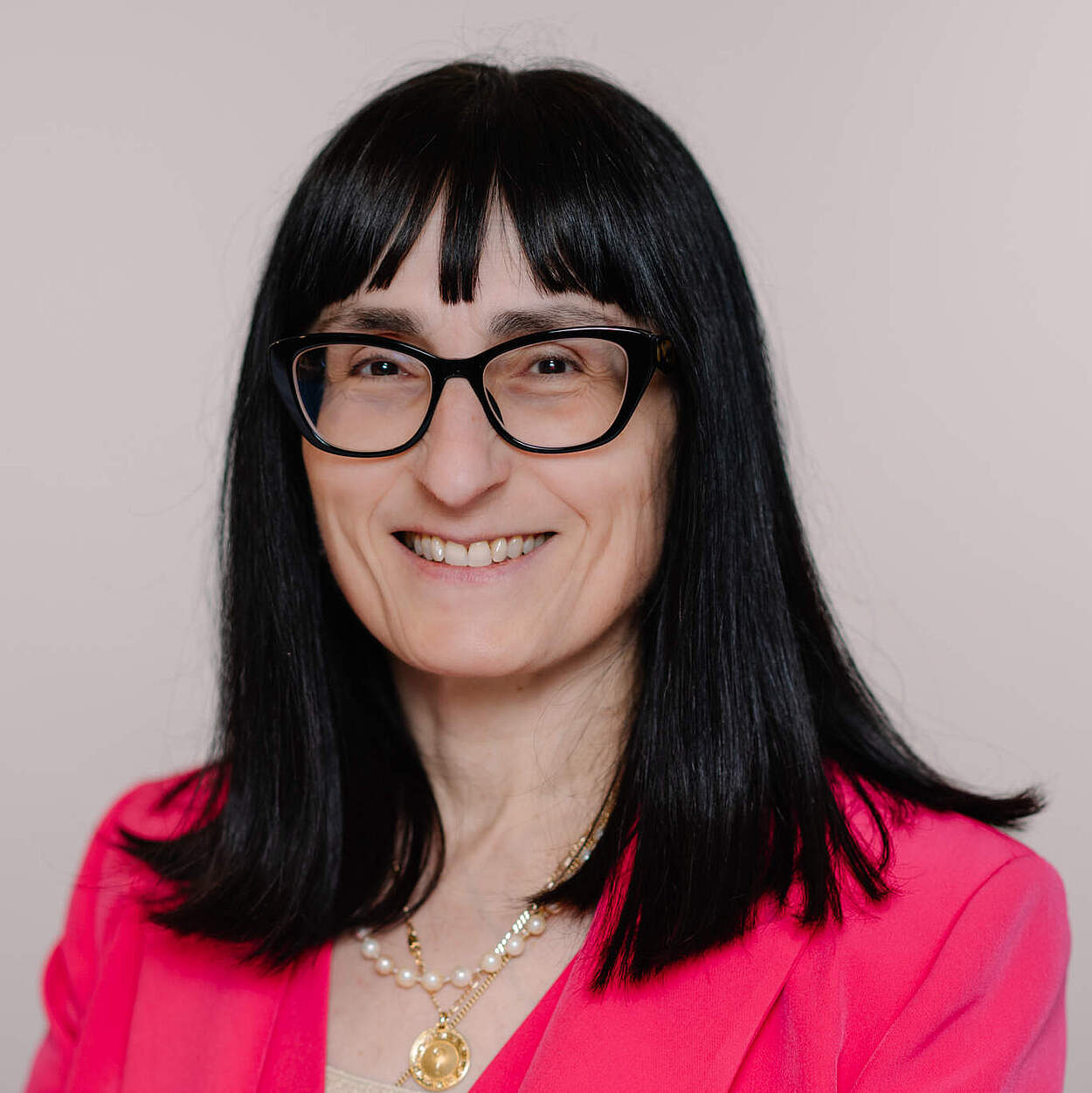
Elena Moro
President
Elena Moro is Professor of Neurology at Université Grenoble Alpes and at the Department of Psychiatry, Neurology and Neurological Rehabilitation of CHU Grenoble in France. She graduated in medicine at the University of Trieste, Italy, and completed her residency in neurology at the Rome Catholic University. She then went on to complete a fellowship in movement disorders in Grenoble, France. After receiving her PhD in neurosciences, she joined the Division of Neurology at Toronto Western Hospital, Canada, as medical director of the surgical programme for movement disorders. In 2012, she moved to Grenoble, France, where she is currently director of the Movement Disorders Center and head of the Department of Psychiatry, Neurology, Neurological Rehabilitation and Forensic Medicine.
Her main research is focused on restoring brain function, especially with deep brain stimulation. To date, she has published more than 200 papers based on clinical research in movements disorders. Prof. Moro has trained many medical students, PhD students and neurology fellows. She has previously served on the EAN Board as Treasurer (2018-20) and Secretary General (2020-22).
I would like to see more and more women neurologists actively involved in our society: let's do this together.
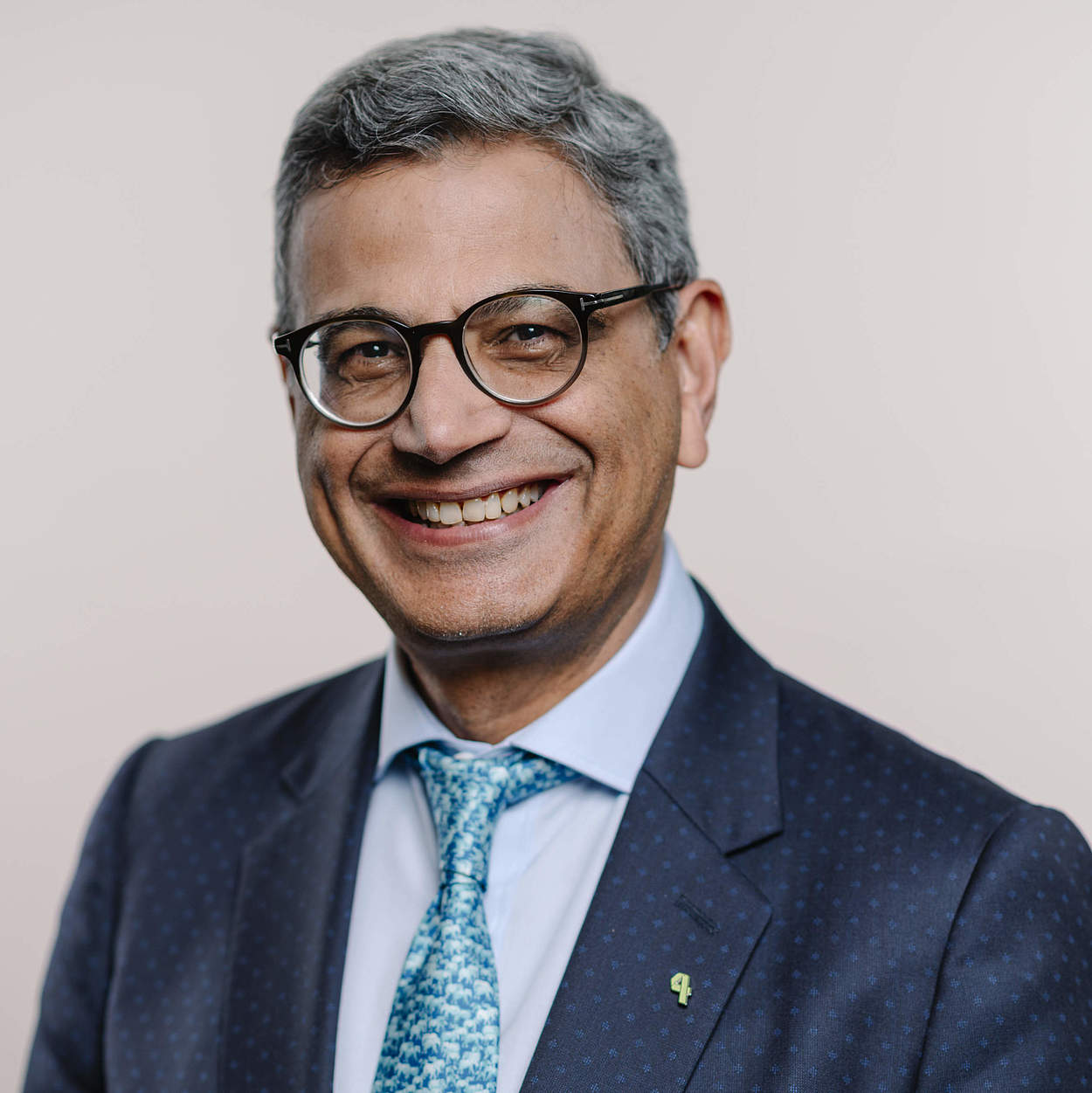
Kailash Bhatia
President-Elect
Kailash Bhatia is a Professor of Clinical Neurology at the Department of Clinical and Movement Neuroscience of the Institute of Neurology, UCL, Queen Square, London.
Prof. Bhatia has been an active member of the International Parkinson and Movement Disorder Society (MDS) over the past 22 years and has served on various committees. He was privileged to receive honorary membership of the MDS in 2021 and was also honored to be invited to deliver the Stanley Fahn Oration in 2022 at the MDS congress in Madrid. He is the current co-chair of the EAN Coordinating Panel on Rare Diseases and served as the special EAN liaison for the EAN/IAN (Indian Academy of Neurology) collaboration in 2021-22. He has accepted and trained a number of fellows from various countries under the EAN’s fellowhip programmes, has taken part in numerous EAN schools and workshops, and contributed to the EAN online web forums.
As President-Elect my vision would be to support the core values of the EAN in promoting education, science, advocacy and membership. I believe our future revolves around promoting diversity, spreading education and fostering collaborations with other international forums and societies.
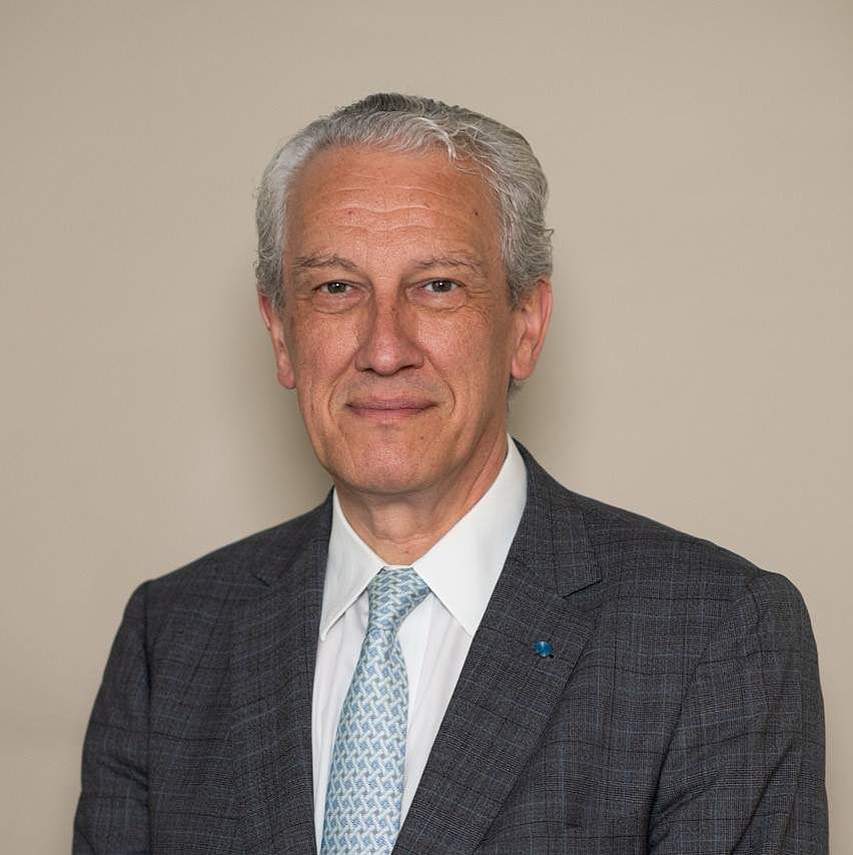
Paul Boon
Past President
Paul Boon is Senior Full Professor of Neurology and Director of Neuroscience at Ghent University, Belgium. He is also chair of the Department of Neurology and Chair of the Division of Head, Movement and Senses, as well as professor of Neuromodulation, at Eindhoven University of Technology. As a board member and former chair of the EAN Programme Committee, he has actively contributed to the annual EAN congresses. He has also previously served as co-chair of the EAN Scientific Panel on Epilepsy, member of the European Journal of Neurology Editorial Board, and as a member of the EAN Scientific Committee. He is a Fellow of the European Academy of Neurology (FEAN).
Prof. Boon’s main neurological interests are clinical epilepsy, neurological sleep disorders, quantitative EEG and MEG analysis, neuromodulation and functional neuroimaging. He founded the 4Brain Laboratory for Clinical and Experimental Neurophysiology, Neurobiology and Neuropsychology at Ghent University.
Prof. Boon also serves as an observer to the board in his capacity as Chair of the Brain Health Mission.
My vision is to have neurology at the forefront of efforts to address the huge burden of neurological disorders while reinforcing neurology as a core medical discipline for the next generation to practice.
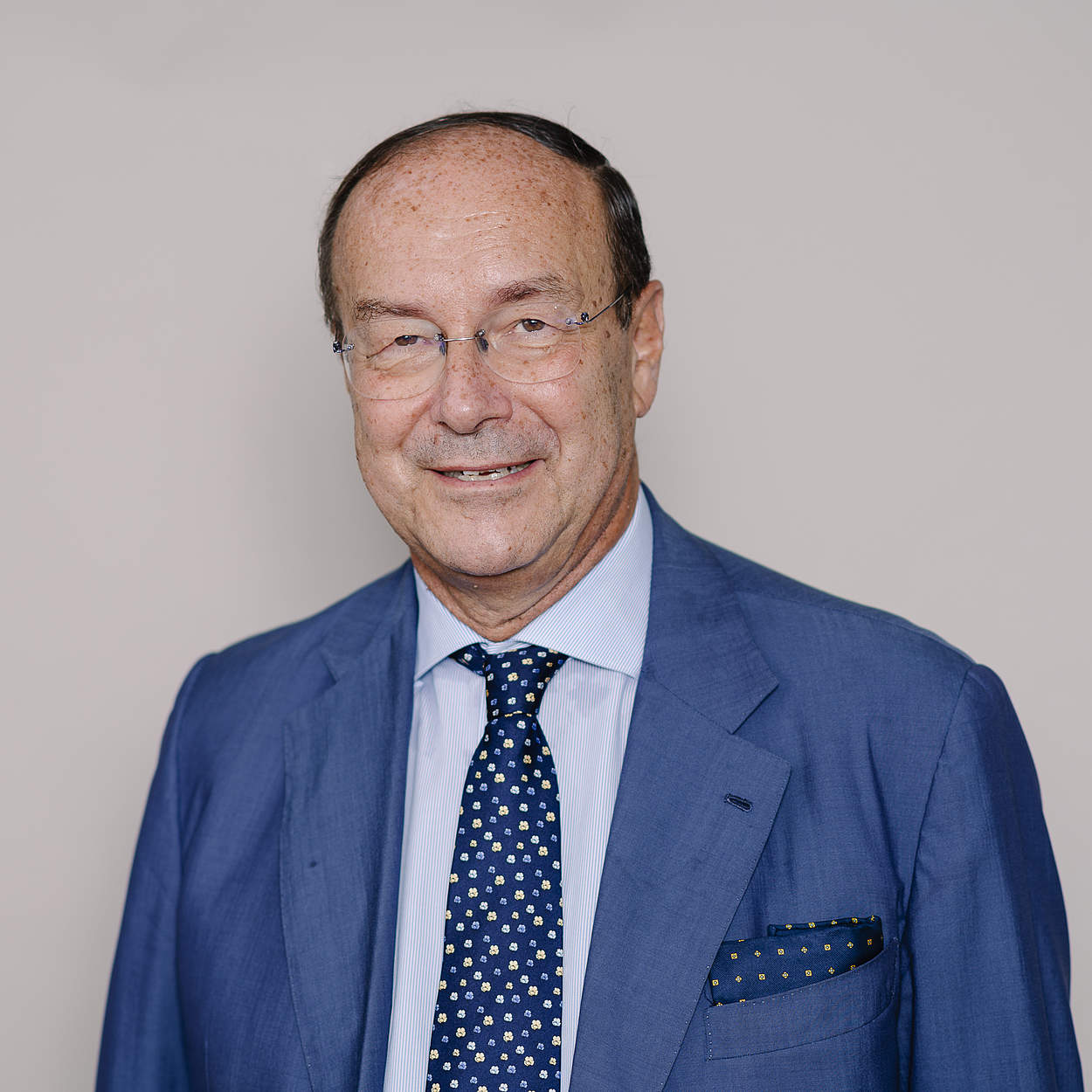
Antonio Toscano
Secretary General
Antonio Toscano is Professor of Neurology at the University of Messina, Italy, and Head of the Neurology and Neuromuscular Disorders Unit. He is currently Secretary of the Italian Society of Neurology, having previously served as Treasurer (2017-2019). He has published more than 270 papers with an impact factor, mainly on neurodegenerative and muscular disorders. He is particularly dedicated to the diagnosis, management and treament of metabolic myopathies as muscle glycogenoses, lipid storage myopathies and mitochondrial disorders, genetic myopathies, peripheral neuropathies, and neurodegenerative diseases.
He has been on the EAN Programme Committee since 2019 and has previously served as a Member of the Scientific Committee (2014-2018) and Co-Chair of the Scientific Panel on Muscle Disorders (2016-2018). He has also contributed to numerous other panels, task forces and management groups since 2014, often on rare neurological disorders, and has been involved annually in teaching courses and a session chair at EAN congresses.
Supporting our members' professional growth, addressing their needs, and fostering collaboration is a fundamental function of the EAN. I am proud to be involved in this mission as Secretary General.
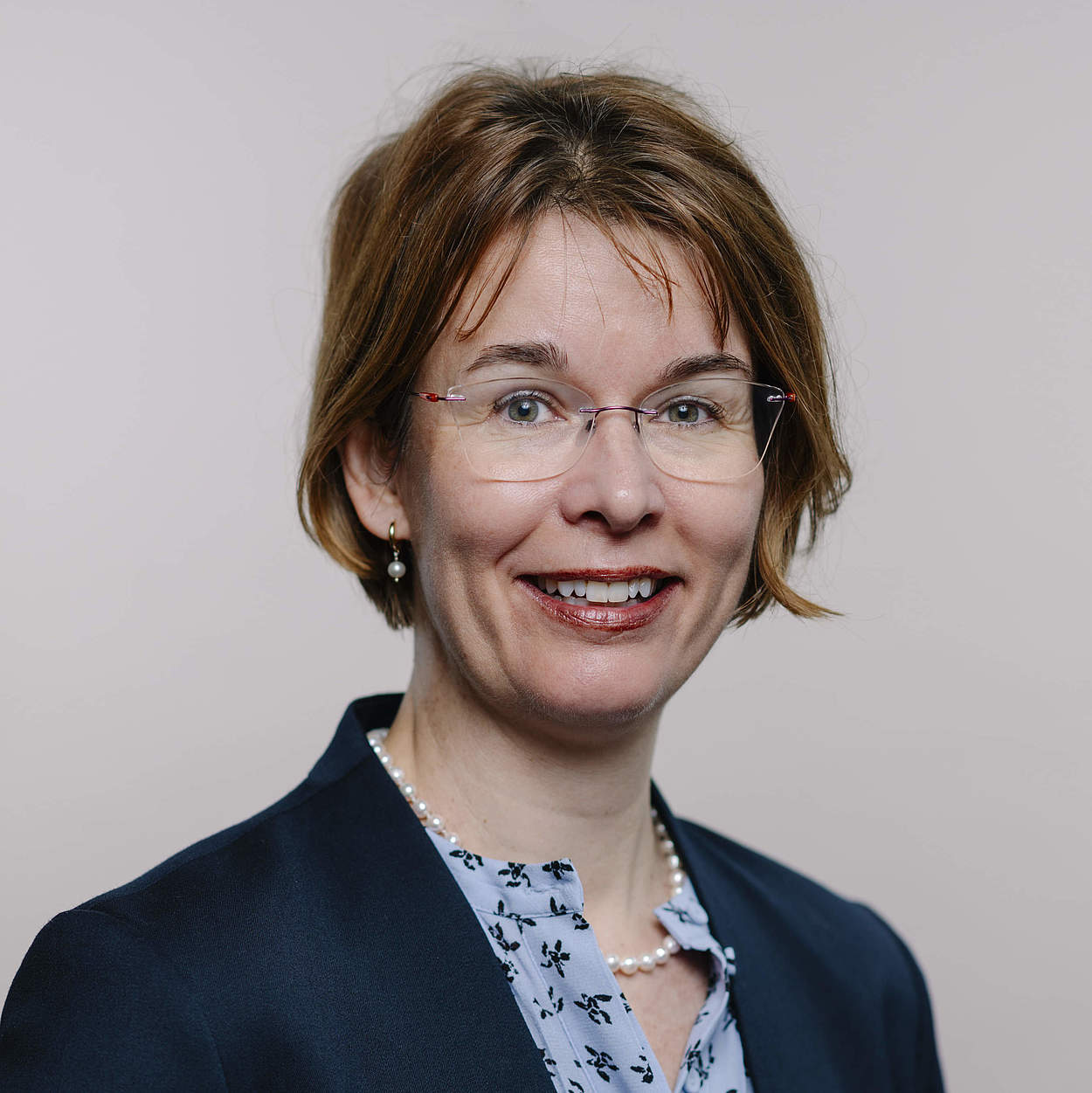
Jana Midelfart-Hoff
Treasurer
Jana Midelfart-Hoff is a distinguished Consultant in Neurology currently serving at the Stategovernor Vestland while holding a Professorship at VID Specialized University in Bergen, Norway. Since 2020, she has been the President of the Norwegian Neurological Association. Midelfart-Hoff possesses extensive clinical and scientific expertise, with a particular interest in interdisciplinary projects involving fields such as obstetrics and ophthalmology. Her PhD thesis, "Giving Birth with Myasthenia Gravis" (2006), delved into the interplay between Myasthenia Gravis and reproductive health.
Passionate about enhancing public understanding of brain health, Prof. Midelfart-Hoff actively engages in public education through podcasts and regular appearances on Norwegian public broadcasts. Her topics range from "Why is My Handwriting Deteriorating?" to "Why Do Some Pop Songs Stick to Your Brain?". She is also a strong advocate for European neurological collaboration, fostering both scientific and social connections across the continent.
I feel very privileged to be able to work for and promote neurological co-operation across Europe. There are more things to unite us than to separate us, and to work together for better brain health is a great goal.
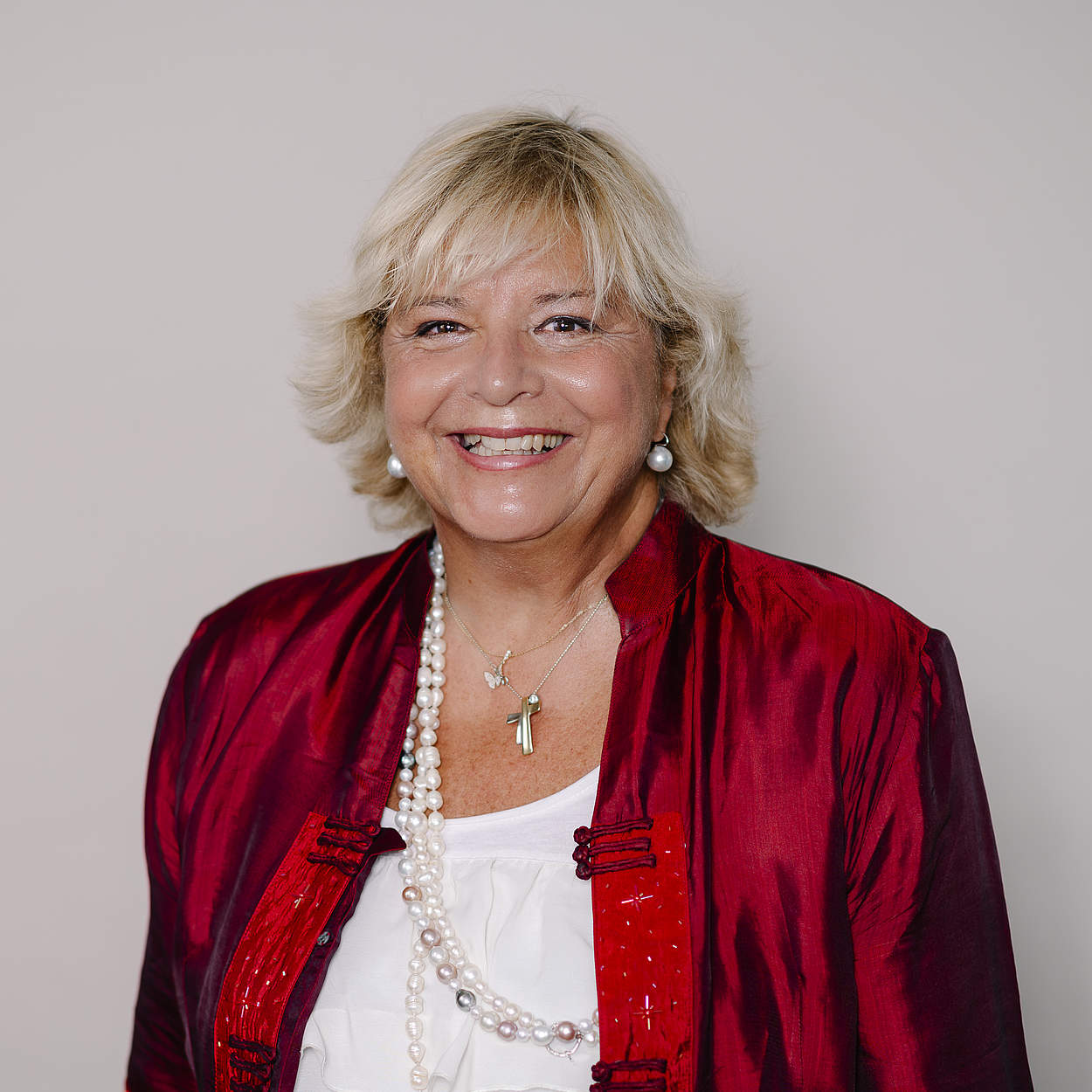
Matilde Leonardi
Chair Communication Committee
Matilde Leonardi is a neurologist, paediatrician, neonatologist, and paediatric neurologist specialising in bioethics. She is Director of Unit at IRCCS National Neurological Institute Besta. Her activity in the field of disorders of consciousness allows her team to have one of the largest epidemiological databases on such patients worldwide. She is a WHO expert on disability and ageing, co-chair of the WHO-FIC (Family of International Classifications) Functioning and Disability Reference Group- FDRG and Director of the Italian WHO Collaborating Centre Research Branch. Leonardi has co-ordinated and partnered on several, EU-funded and non-EU-funded research projects, including within the FP6, FP7, Horizon2020 programmes (MHADIE, MURINET, COURAGE in EUROPE, PATHWAYS and partner in PARADISE, MARATONE ATHLOS, CHRODIS Plus,EMPOWER). Dr. Leonardi is also a consultant on public health, UNCRPD monitoring and disability policy development for several European and non-European Governments and is an expert for the European Commission on public health, ageing, disability and neurosciences.
I believe EAN can play a key role in a European scenario full of changes in terms of epidemiological transition, ageing, increase in the burden of NCDs, and neuroscience developments, but also in terms of the fragilities created by medical, political and humanitarian crises.
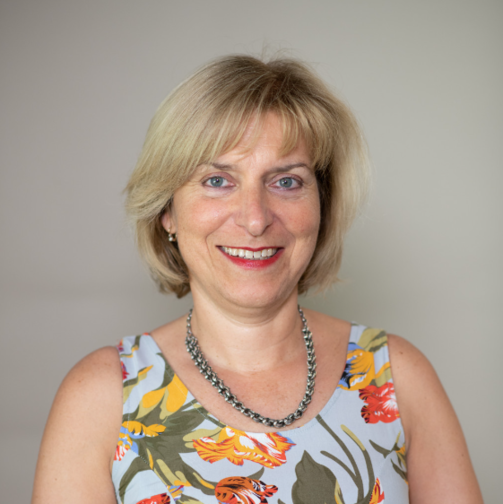
Irena Rektorova
Chair Programme Committee
Irena Rektorova MD, Ph.D. is Professor of Neurology and Head of the Movement Disorders Centre at the First Department of Neurology, School of Medicine, and Coordinator of the Brain and Mind Research Programme at the Central European Institute of Technology (CEITEC), Masaryk University in Brno, Czech Republic.
Her main clinical and research interests include movement disorders, degenerative brain diseases with cognitive impairment, brain imaging and non-invasive brain stimulation techniques. She is a member of the Management Group of the EAN Neuroimaging Scientific Panel and member of other relevant panels. She is also the Steering Committee member of the Neuroimaging Study Group of the International Parkinson and Movement Disorders Society and member of its Congress Scientific Programme Committee. She has worked as an Associate Editor for Parkinsonism and Related Disorders journal and Journal of Alzheimer’s Disease. Irena Rektorova has previously served on the EAN Board as Chair of the Education Committee (2023-2024) and also served as Chair of the EAN Teaching Course sub-Committee (2020-2022).
The EAN congress showcases new research, clinical advancements, and discoveries in neurology and neuroscience, providing participants with comprehensive overview and high-level education in a friendly atmosphere. I am honoured to contribute to the success of this annual event.
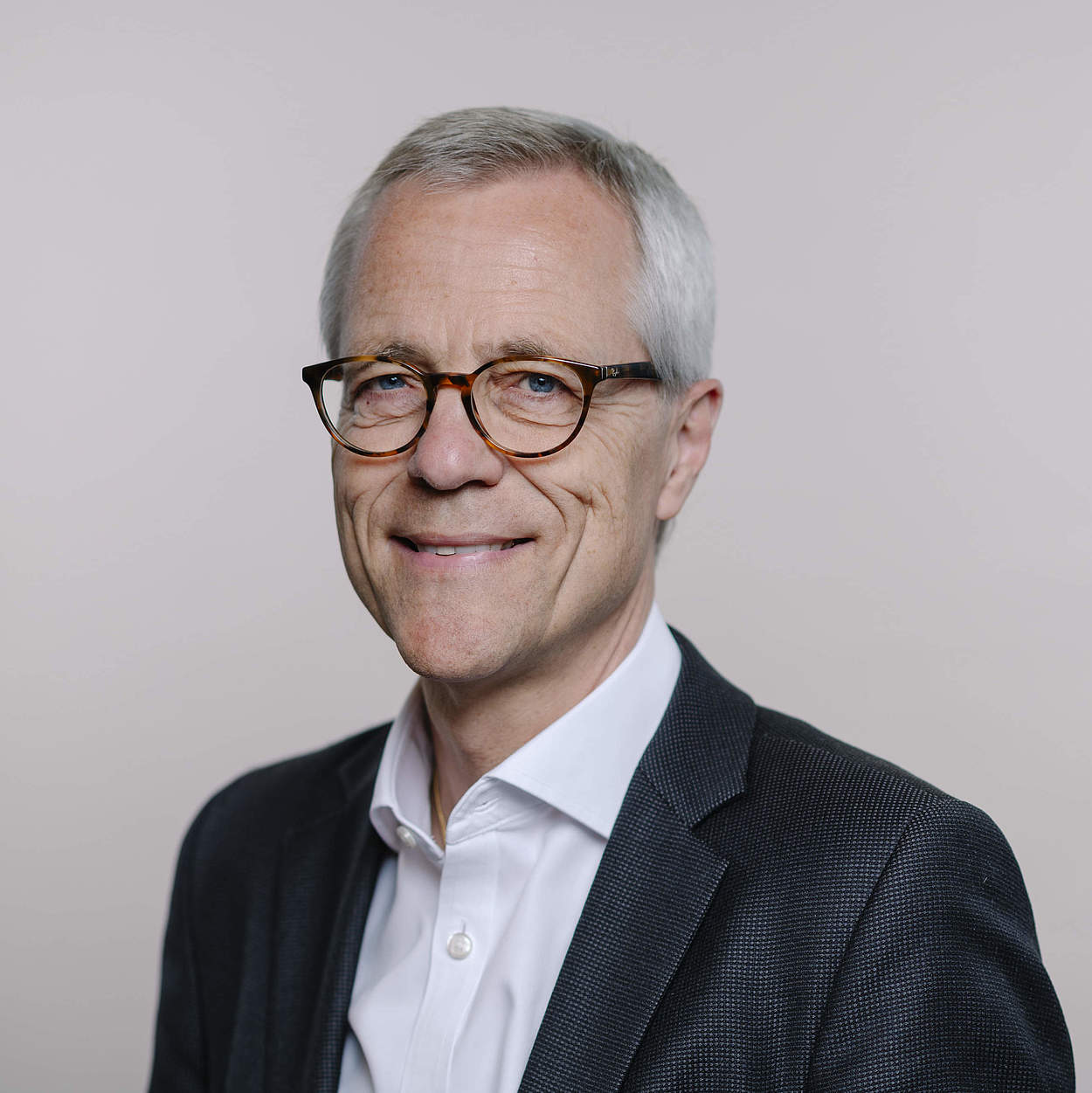
Gereon R. Fink
Chair Scientific Committee
Gereon R. Fink has been a Professor of Neurology and Head of department in Cologne, Germany, since 2006. He is a fellow of the EAN and a member of the Scientific Panel on Higher Cognitive Functions. He is interested in investigating neural mechanisms underlying cognitive and motor dysfunction in neurological disorders (e.g., stroke, Parkinson’s disease) using behavioural, neuromodulatory, and functional imaging methods.
Before moving to the Hammersmith Hospital and the Functional Imaging Laboratory in London, Fink started his career at the Max-Planck Institute for Neurological Research, Cologne. After returning to Germany and finishing his neurology training in Cologne and Düsseldorf, he became director of the Institute of Neuroscience and Medicine, Research Center Jülich, in 2005. From 2001 to 2006, he worked as a professor of neurology at the Department of Neurology of the University Hospital Aachen before moving to his current position.
He served as president of the German Neurophysiological Society from 2011 to 2012 and the German Neurological Society from 2017 to 2018.
Improving the health of our neurological patients and preventing neurological diseases depends on science, building a deep foundation of knowledge that guides our actions. The EAN offers the unique opportunity to bring together brilliant minds working collectively to address significant societal challenges.
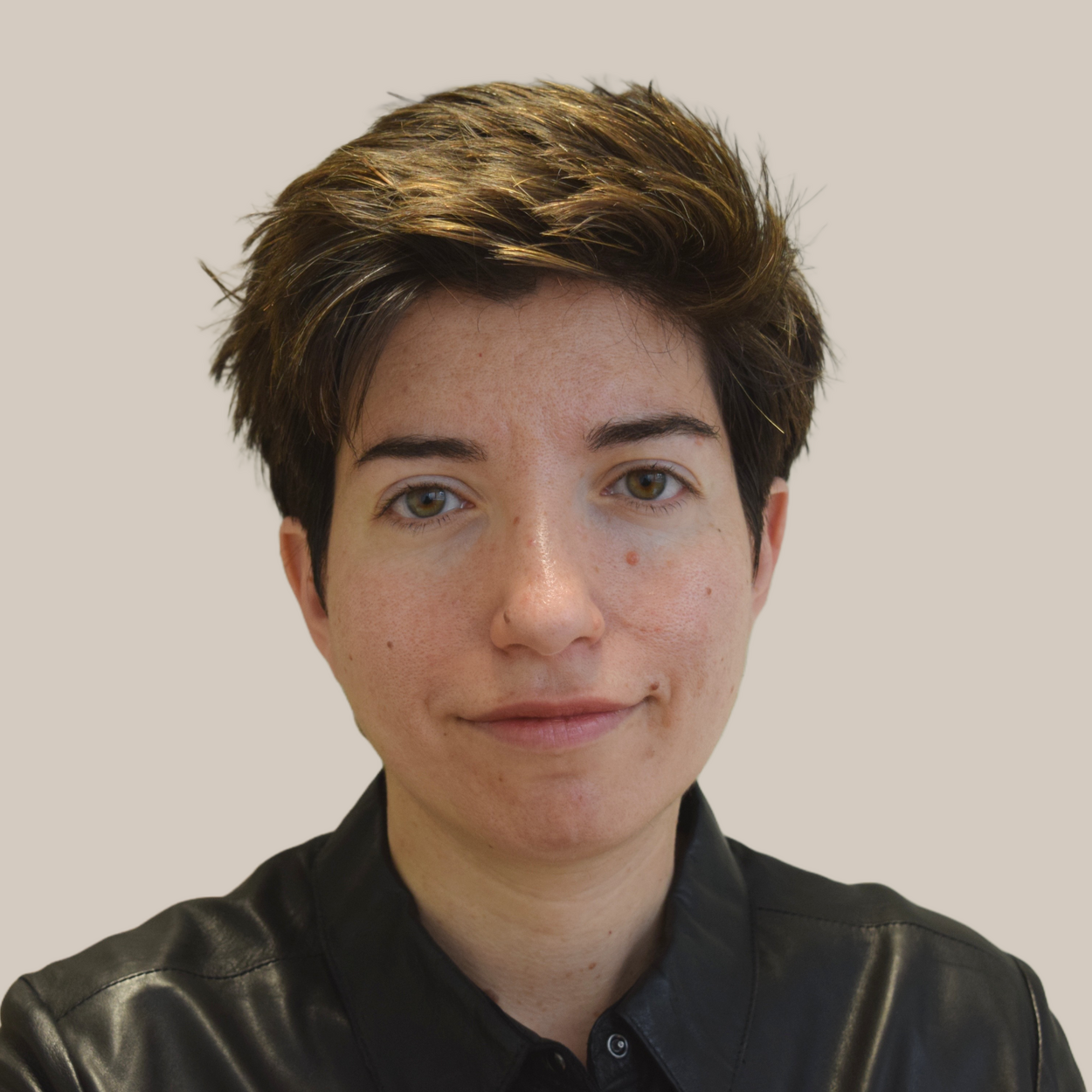
Nathalie Nasr
Chair Education Committee
Nathalie Nasr is Professor of Neurology, Clinical Neurologist and Stroke Physician at Poitiers University Hospital in France. After obtaining her PhD on the regulation of cerebral blood flow in stroke and cerebrovascular disease, she was appointed Research Fellow in Neurology at Cambridge University Hospital, before becoming Associate Professor of Neurology at Toulouse University Hospital, prior to her current position.
She has previously served on the board of the National College of Professors of Neurology and is currently National Coordinator of the French Diploma of Neurosonology in Neurovascular Pathology at Paris Cité University, and of the Inter-University Diploma of Ethics in decision making in the context of uncertainty. Her clinical research focus is on the impact of cardiovascular stress on the prognosis of stroke and premature cerebrovascular ageing.
She is co-chair of the EAN Scientific Panel on Neurosonology and contributes to the EAN Scientific Panels on Stroke and on Autonomic Nervous System Disorders, as well as the Coordinating Panel on Neuroscience/Translational Neurology.
My feeling is that engagement in science and knowledge is a continuation of our love to the world in a different manner. Rainer Maria Rilke wrote this about art. I think it also applies to the field of knowledge.

Alicia Gonzalez Martinez
EAN RRFS Representative to the Board
Alicia Gonzalez Martinez is a neurologist and research fellow at Hospital Universitario de la Princesa and Instituto de Investigación Sanitaria Princesa (IIS-Princesa) in Madrid, Spain. Her research integrates clinical data, neuroimaging, and serum biomarkers to improve understanding of disease evolution and treatment response in neurological disorders, with a special focus on headache and neuroimmunology.
She has completed advanced training at institutions including Massachusetts General Hospital/Brigham and Women’s Hospital (Harvard Medical School), Karolinska Institutet, and King’s College London, supported by competitive fellowships such as the EAN and Fulbright scholarships.
Dr Gonzalez Martinez collaborates with the EAN Education and Scientific Committees, as well as task forces on Artificial Intelligence and Well-being. Additionally, she is on the board of the Future Headache Experts of the European Headache Federation (EHF) and coordinator of the young Headache Group of the Spanish Society of Neurology (SEN).
As the RRFS representative to the Board, my goal is to strengthen opportunities for early-career neurologists, promote excellence in clinical care and research, and foster collaboration across Europe promoting creativity and well-being.
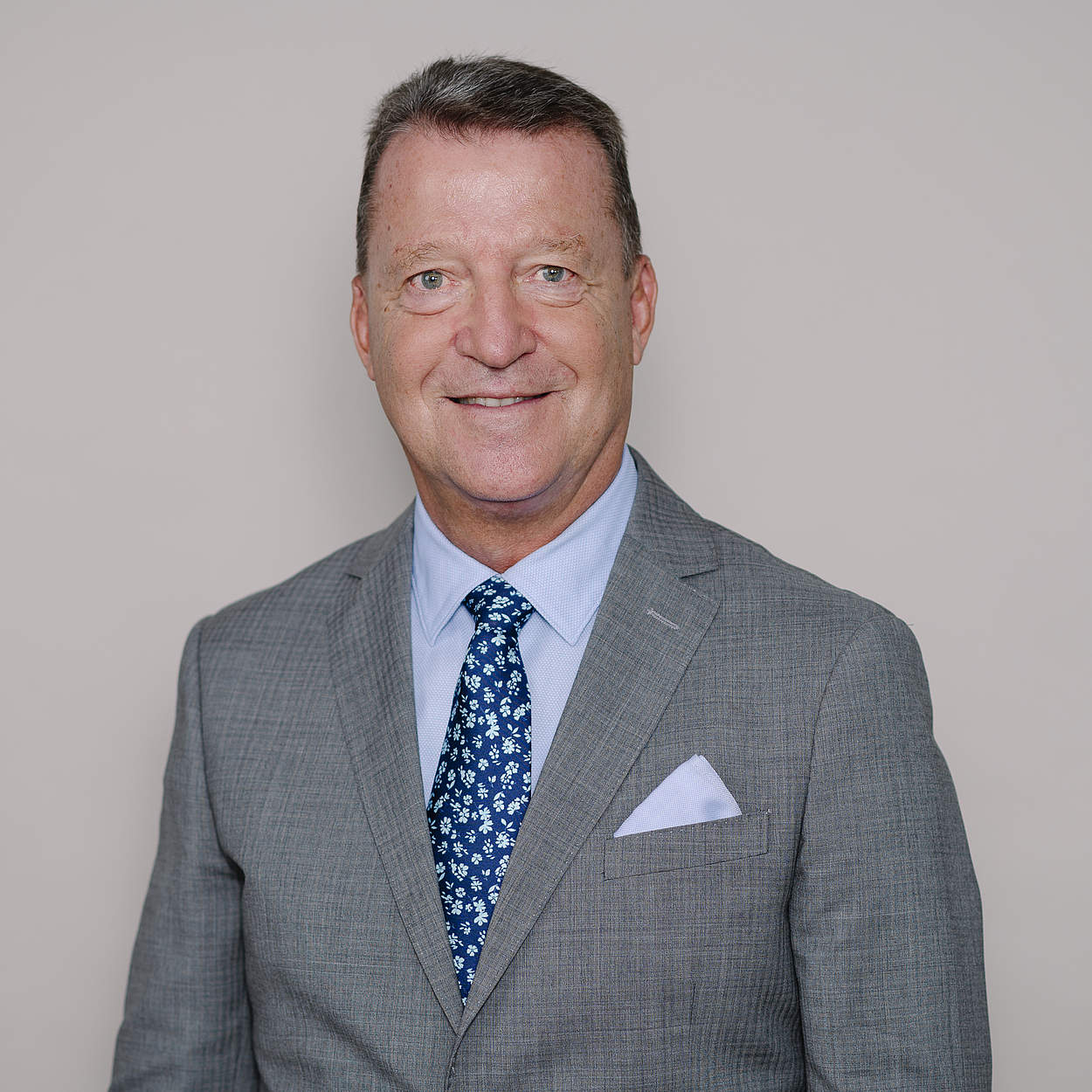
Claudio Lino Alberto Bassetti
Observer
(EAN Representative to EBC Board)
Claudio Bassetti has been full professor and chair of neurology at the University Hospital in Bern since 2012. He received his medical degree in Basel and trained in neurology in Bern and Lausanne. In 2000, he became professor and vice-chair of neurology in Zurich. In 2009 he founded the Neurocenter of Southern Switzerland.
He completed his research fellowships in basic neurophysiology in Basel and sleep in Ann Arbor, Boston and Madison. His major scientific interests are the relationship between sleep and neurological disorders, narcolepsy, and the teaching of general neurology. He uses clinical and experimental approaches and has published more than 500 articles and eight books.
Prof. Bassetti has previously served as president of the European Neurological Society, European Sleep Research Society and Swiss Neurological Society, and founded the Swiss Federation of Clinical Neurosocieties. He is an elected member of the Swiss Academy of Medical Sciences, which he served as board member for eight years. He served as president of the European Academy of Neurology from 2020 to 2022 and was appointed dean of the Faculty of Medicine in Bern in 2020.
I am delighted to serve as the liaison between Neurology and the wider European Brain community and associated societies, together we can build a strategy to foster better brain health and brain research for all Europeans.
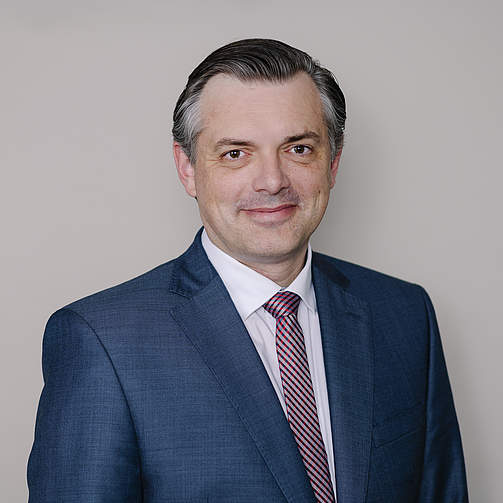
Ulf Kallweit
Observer
(Chair of the Environmental Influences in Neurology Task Force)
Ulf Kallweit, MD, is Professor of Neurology and holds the Professorship for Narcolepsy and Hypersomnolence Research at the University Witten/Herdecke, Germany. In addition, he is also a Consulting Research Professor at Stanford University.
He is fellow of the EAN and has contributed to the EAN Annual Congress as a member of the EAN Programme Committee since 2020 and chaired this committee from 2022 to 2024. He has previously served as Co-Chair of the Scientific Panel on Sleep-Wake Disorders and is currently co-chairing the European project “The burden of sleep/wake disorders”. Recently, he established and leads the EAN Task Force "Environmental Influences in Neurology".
His main areas of scientific interest focus on the translational and clinical aspects of narcolepsy and hypersomnolence disorders, on sleep and wake disturbances in neurological disorders and in environmental neurology. He is a member of several national and international scientific societies and is a Field Editor at the journal Sleep Medicine and an Associate Editor of Sleep Epidemiology.
As Chair of the Environmental Influences in Neurology Task Force, my goal is to deepen our understanding of how environmental factors impact neurological health and to guide efforts towards brain healthier living environments across Europe.